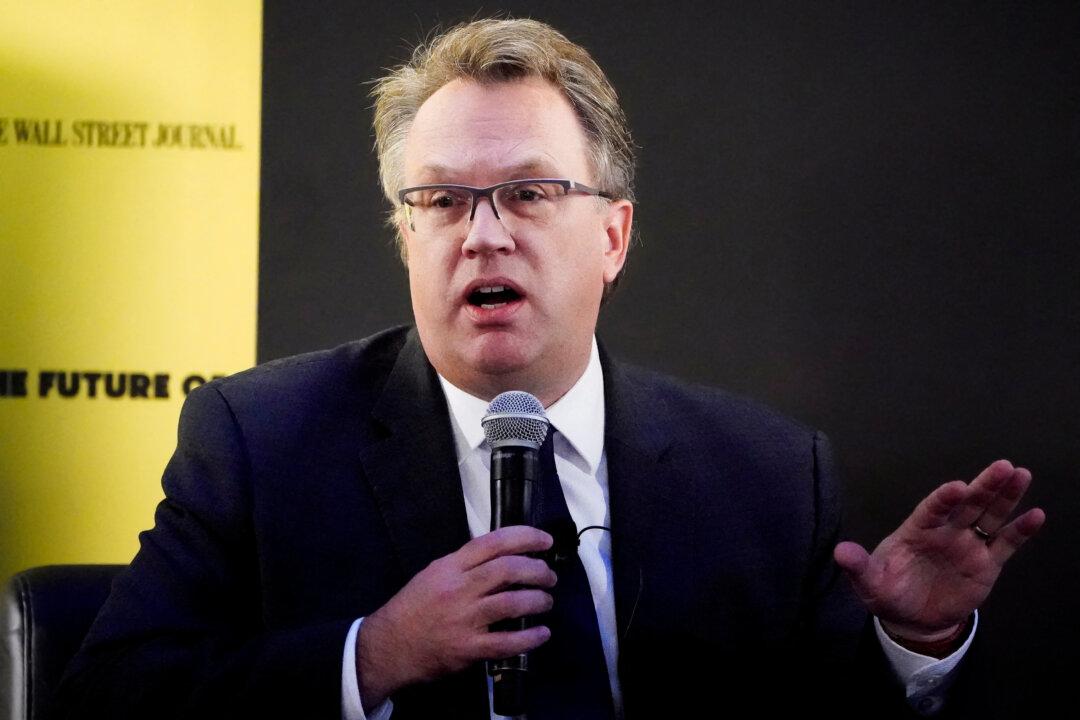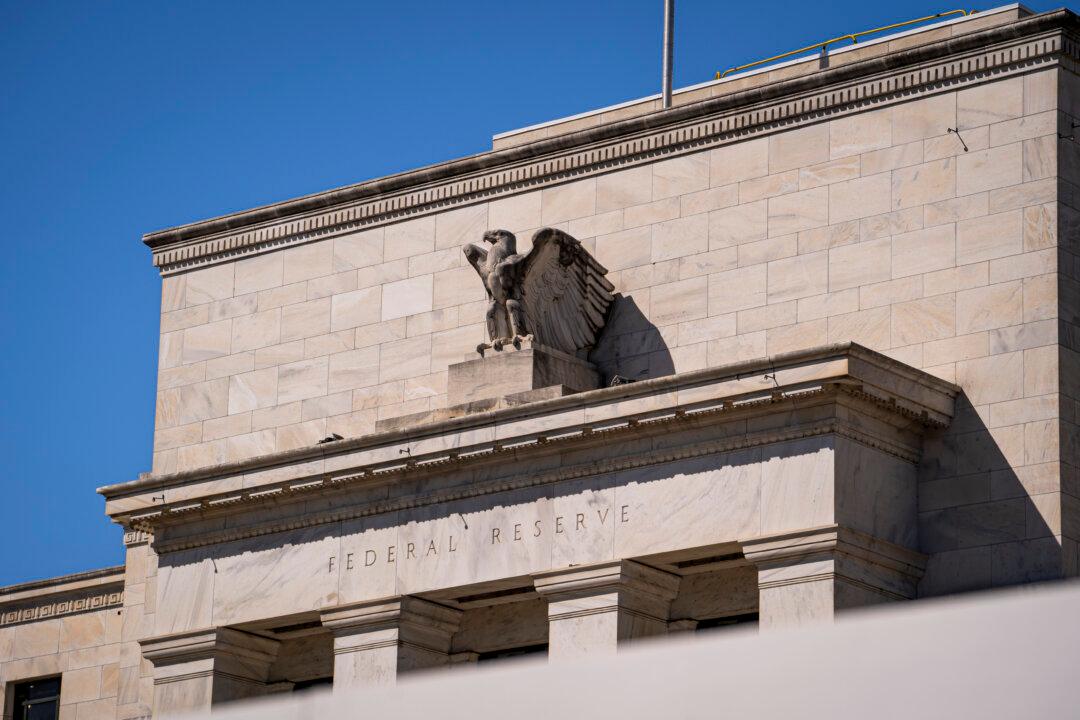NEW YORK—Ukrainians and Russians share similar language, ancestry, as well as basic religious principles, and although there have been theorizations on the fundamental political and/or religious reasons that triggered the armed conflict, it is—due to its historic, doctrinal, and geo-political convolution—mostly limited speculation.
While many from both sides disfavor warfare, the specific understanding among different members varies to different degrees. The Epoch Times reached out to some ethnic Russian and Ukrainian Americans who hold leadership roles to get their thoughts.




